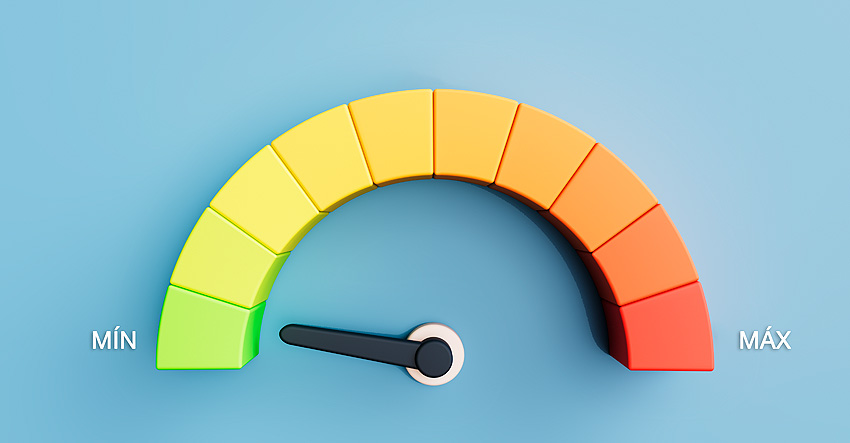Can a shop set a minimum amount for card payments?
07/11/2023
We’ve all been there. You pop into the local corner shop to buy a couple of items and want to pay by card because you don’t have any cash on you. The shopkeeper points to a sign stuck to the till: "Minimum card payment: €5." Now you either have to buy something else to reach the amount or resign yourself to leaving your purchase behind.
Why do some shops set a minimum amount for card payments? The most commonly cited reason is the bank fee on each transaction. However, transaction fees are dropping all the time and most shops don’t mind you paying by card for even something as small as a pack of gum. Some shops choose to absorb this cost to retain customers and avoid losing sales.
So is it legal? No regulations explicitly address this topic, so it isn’t banned. From a consumer protection standpoint, all the shop has to do is make the policy clear with signs visible to its customers. What payment regulations do prohibit is charging extra for paying by card: imposing a surcharge for card payments, discriminating against their use, is not allowed.
The decisions made by shops are not dictated by banks or card issuers. If the shop displays Visa or MasterCard logos, their contract with these firms will generally establish penalties for setting minimum payment amounts.
Did you know that 84% of shops no longer impose any restrictions on card payments, and the remaining 16% set it at €11, on average?* The trend points to such minimum limits growing increasingly rare.
* According to the Study on cash use habits published by the Banco de España en July 2021



